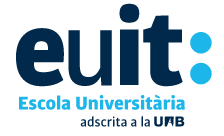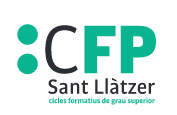Quality enhancement - International peer review/ authors: Rona Howard, Ann Carnduff
Creator: Howard R. .
.
Creators: Carnduff A. | ENOTHE
| ENOTHE .
.
Material type:  TextSeries: Occupational Therapy Education in Europe.Publisher: Amsterdam: ENOTHE, 2004Description: 1.Content type: text Media type: sense mediació Carrier type: volumISBN: 9080581755.Subject(s): Avaluació
TextSeries: Occupational Therapy Education in Europe.Publisher: Amsterdam: ENOTHE, 2004Description: 1.Content type: text Media type: sense mediació Carrier type: volumISBN: 9080581755.Subject(s): Avaluació| Item type | Current library | Collection | Call number | Status | Notes | Date due | Barcode | |
|---|---|---|---|---|---|---|---|---|
 Book
Book
|
Escola Universitària d'Infermeria i Teràpia Ocupacional de Terrassa Biblioteca | Paper | 615.8:37 HOW (Browse shelf(Opens below)) | Available | Normal | 12030 |
Browsing Escola Universitària d'Infermeria i Teràpia Ocupacional de Terrassa shelves, Shelving location: Biblioteca, Collection: Paper Close shelf browser (Hides shelf browser)
There are no comments on this title.
Log in to your account to post a comment.


